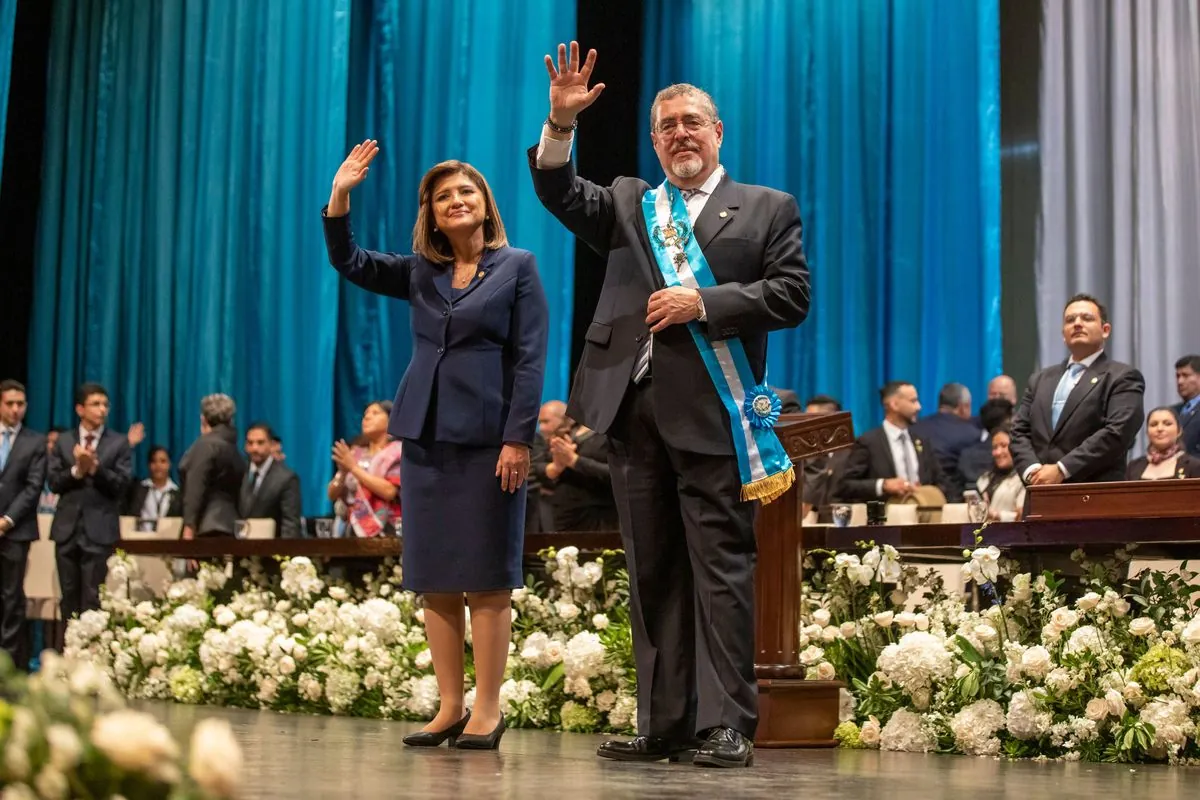In a significant diplomatic effort, the United States successfully supported Guatemala's democratic transition, marking a notable achievement for the Biden administration's global democracy promotion agenda. The intervention, spearheaded by Vice President Kamala Harris's team, ensured the inauguration of Bernardo Arévalo de León as Guatemala's new president in January 2024, despite attempts by the outgoing government to impede the process.
Phil Gordon, Harris's national security advisor, delivered a letter from the Vice President to Arévalo, signaling full U.S. support for Guatemala's democratic transition. This move came after months of diplomatic pressure on the outgoing administration to accept the election results.
Guatemala, Central America's most populous nation, has faced numerous challenges in its democratic journey. The country gained independence from Spain in 1821 and has since experienced political instability, including a 36-year civil war that ended in 1996. Despite these hurdles, Guatemala has been working to strengthen its democratic institutions since the 1980s.
The U.S. diplomatic intervention involved various measures:
- Imposing sanctions on Guatemalan officials linked to corruption
- Implementing visa restrictions on nearly 300 Guatemalans
- Engaging in high-level meetings with both outgoing and incoming administrations
- Coordinating with other embassies to maintain international pressure
These efforts culminated in a dramatic final push during Arévalo's inauguration, which took place after midnight on January 15, 2024. U.S. officials, including representatives from USAID and the State Department, worked tirelessly to ensure the transition occurred despite last-minute obstacles.
The successful transition in Guatemala stands in contrast to some of the administration's challenges elsewhere, such as in West Africa and Afghanistan. It also provides insights into how Harris's foreign policy team might operate in the future.
Guatemala's economic landscape is characterized by a heavy reliance on agriculture, particularly coffee and sugar exports. However, the country faces significant challenges, including one of the highest poverty rates in Latin America and ongoing issues with corruption and organized crime.
"Probably the most key player for securing this transition for Arévalo was the international community and specifically the United States."
The U.S. intervention in Guatemala demonstrates the potential positive impact of American diplomacy in supporting democratic processes. As the country moves forward under Arévalo's leadership, it faces the task of addressing longstanding issues while building on its rich cultural heritage, which includes 22 Mayan languages and numerous archaeological sites.
This diplomatic success story underscores the importance of sustained international engagement in promoting democratic values and supporting peaceful transitions of power in regions facing political challenges.
